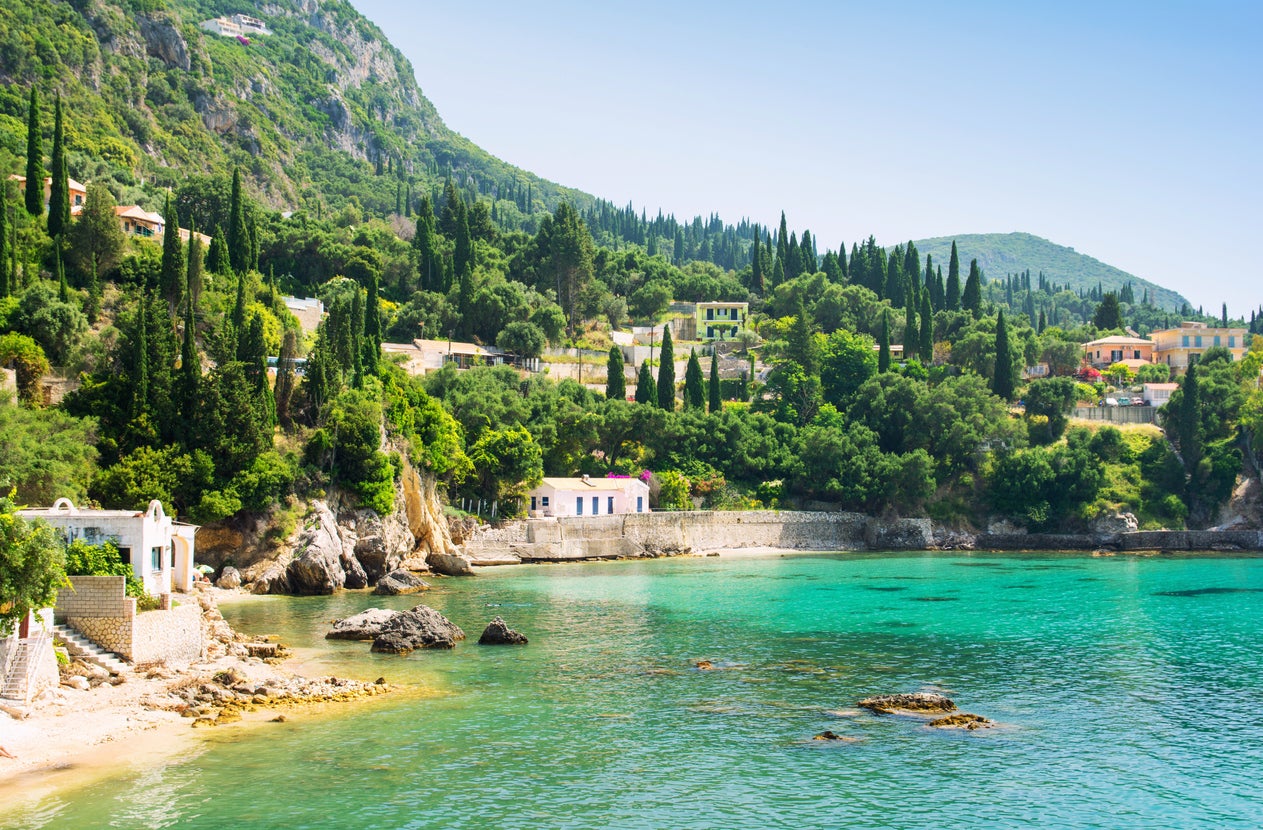Coronavirus: The unfolding travel crisis is becoming a Greek tragedy
The Man Who Pays His Way: Quarantine was ‘Informed by science, backed by the public and will keep us all safe’. Until the U-turn

Since what feels like the early Middle Ages, I have always listened attentively to the transport secretary of the time. A few holders of the office – notably Andrew Adonis of Labour and Patrick McLoughlin of the Conservatives – brought formidable intellect and insight to the role.
But never have I heard anything like the interview Mishal Husain conducted with the incumbent secretary of state for transport, Grant Shapps, on the BBC’s Today programme on Friday morning.
Allow me to provide some “cue material,” as it is known in radio.
For the past 25 days the government has had a “double lock” in place, designed to prevent overseas holidays, visiting friends and family and inbound tourism until further notice.
Lock one: the Foreign Office advice against non-essential travel anywhere overseas, which has prevailed since 17 March.
Lock two: since 8 June, all travellers arriving in the UK, including returning holidaymakers, have had to self-isolate for two weeks – in the face of expert medical advice that said the blanket quarantine policy was counterproductive.
These measures had the unfortunate but entirely predictable effect of causing massive damage: economically to the travel industry, both inbound and outbound; and emotionally to millions of people who were unsure when they would see loved ones or be able to escape from months of lockdown to somewhere slightly more exotic than the back garden or spare room.
As bookings dried up for flights and holidays, and redundancies mounted in the travel industry, Shapps faithfully recited the mantra that the mandatory 14 days of self-isolation was “informed by science, backed by the public and will keep us all safe”.
Until 3 July, when he announced a government U-turn. The quarantine requirement and Foreign Office advice would be lifted from 50-plus countries.
Husain asked why France should be opened up now, when a month ago it was regarded as too dangerous – and since then new cases of coronavirus had, if anything, increased?
“So we went to the Joint Biosecurity Centre, Public Health England and the chief medical officer, and asked them to do the research and draw up the list,” replied Shapps.
On that basis, topping the Mediterranean list is surely Greece, which has managed magnificently in keeping coronavirus under control? Certainly not.
“Greece won’t be on the list, in the first place because Greece have said on 15 July, that’s their next review of their own systems, and Greece will be in the reciprocal category.
“Reciprocity can’t come before 15 July for Greece and that’s a matter for Greece themselves.”
I immediately called the Department for Transport to confirm that Ireland, too, was on the naughty list for the temerity of making travellers from Great Britain quarantine at least until 9 July. I am still waiting for a reply.
“Not to overcomplicate it, it’s been a complicated process,” said Shapps. That’s what happens when an unconsidered policy is launched as a political stunt.
And it’s complicated getting the answers right in an interview on the UK’s flagship radio programme.
“The US, at a very early stage, banned flights from the UK,” insisted Shapps.
The best beaches in the world
Show all 25That will come as a surprise to the tens of thousands of passengers and hundreds of flight crew who have flown the Atlantic between the two countries without pausing for a day.
“Whatever you were doing just before that was not great,” said Husain.
She was referring to some unfortunate microphone glitch in these troublesome technical times, but the travel industry may have taken it as a rather broader criticism.
Eventually, Shapps faded out, emulating what was once the greatest travel industry in the world until it was weakened by coronavirus and then bludgeoned by government.
Later that same day, the list of favoured nations was finally issued. And t emerged that when the transport secretary had said, “Greece won’t be on the list,” what he meant was, “Greece will be on the list”.
Perhaps he might enjoy a good, long holiday there.
Subscribe to Independent Premium to bookmark this article
Want to bookmark your favourite articles and stories to read or reference later? Start your Independent Premium subscription today.

Join our commenting forum
Join thought-provoking conversations, follow other Independent readers and see their replies